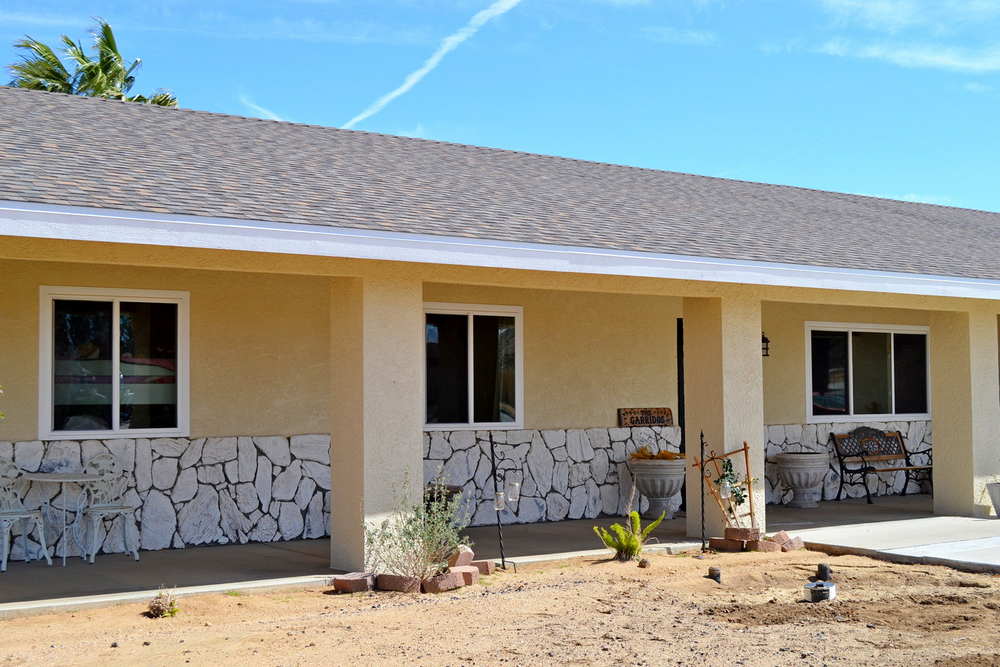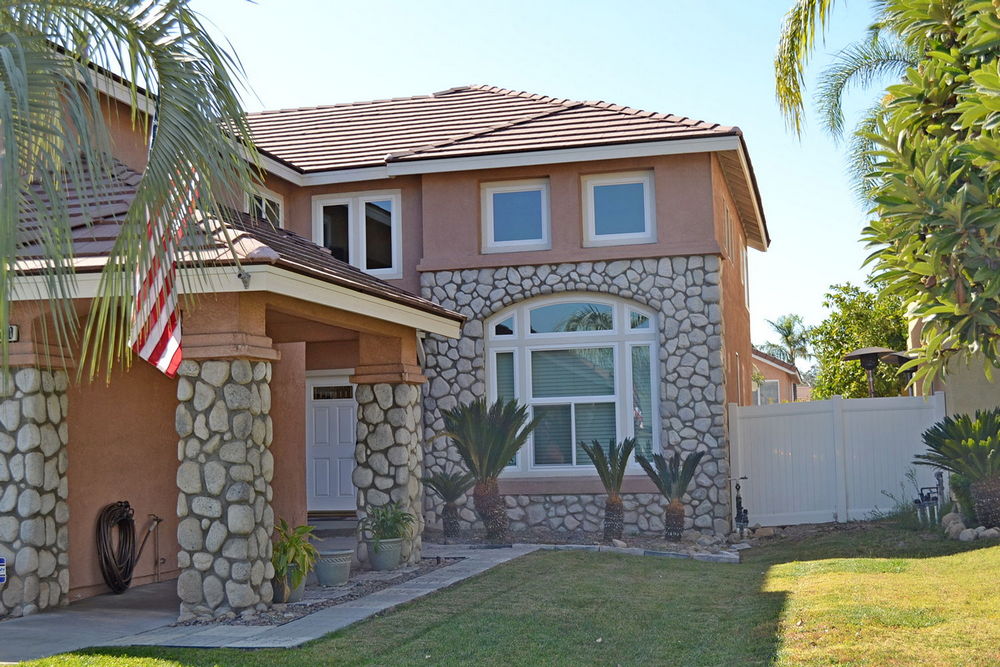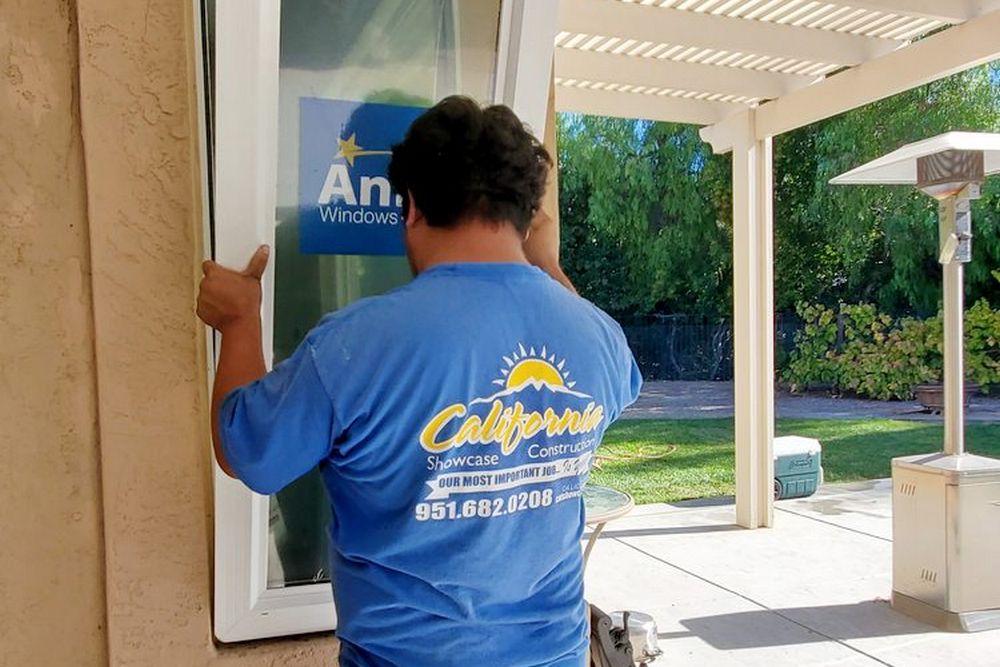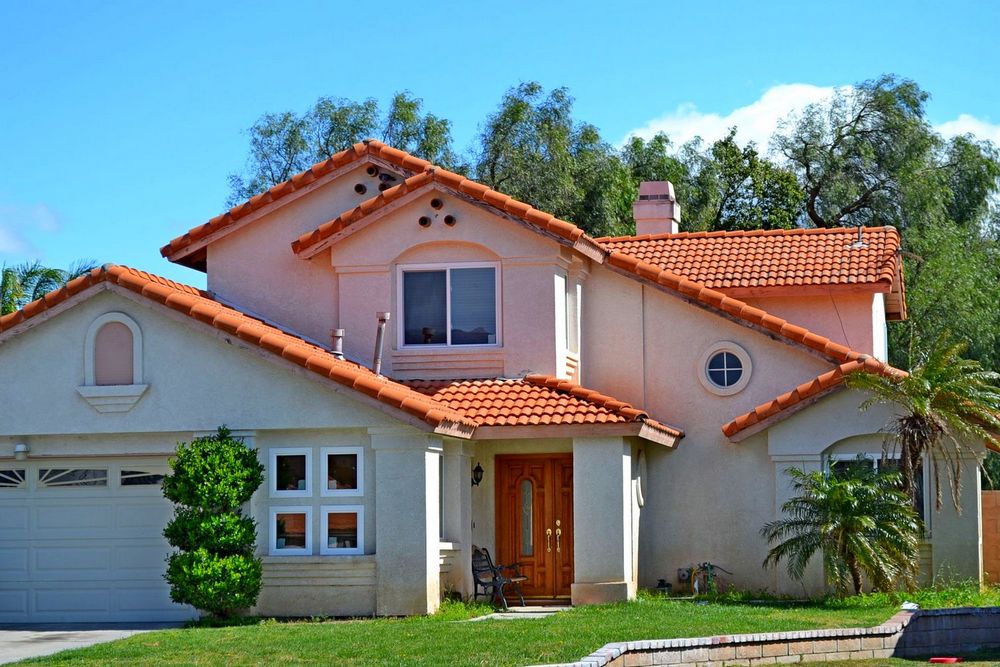Energy efficiency is a crucial factor when you’re shopping for new windows. By choosing energy-efficient replacement windows, you’ll lower your heating and cooling bills and get a greater return on your investment. There are a lot of factors that determine how you’ll get improved thermal performance and comfort for your home. Understanding how each benefit contributes to overall energy efficiency will help you find the replacement windows you need. So, let’s discuss how to go about choosing the best energy-efficient windows for your home.
Why is Energy Efficiency Important?
Old windows can let air escape or enter your home through small cracks, missing or improperly installed sealing, or inefficient glass. Your home’s heating or cooling system must compensate for the inconsistency with the air temperatures by working harder to reach a comfortable temperature. An overworked heating and cooling system will lead to higher energy bills and a negative environmental impact. Energy-efficient windows help regulate your system’s performance and resolve inconsistencies with your interior temperatures. When you choose energy-efficient replacement windows, you:
- Improve comfort – Reducing air leakage from outside eliminates drafts and decreases noise.
- Lower energy costs – Inefficient windows are one of the biggest reasons for high energy bills. You can save money by alleviating the strain on your HVAC system. Upgrading to ENERGY STAR® windows can save you between $100 and $580 a year.
- Reduce your carbon footprint – Quality craftsmanship, expert installation, and innovative glass options help make your home more environmentally friendly.
What Makes a Window Energy-Efficient?
Energy-efficient windows are important, but what makes a window efficient? Your windows are energy-efficient when they keep your home warm in the winter and cool in the summer. They need to reduce the amount of air that escapes and enters through the frame and glass, control the lighting that enters and exits your home, and the heat transferred through the window. The window’s material and type of glass will impact the window’s overall energy efficiency.
Energy-Efficient Window Frames
Different window frame materials provide different levels of thermal resistance, which is the amount of heat transferred from the window’s exterior to the interior of your home.
- Wood window frames provide excellent insulation, allowing little heat or cold into your home.
- Fiberglass frames offer insulation similar to wood.
- Multi-chambered vinyl frames reduce heat loss more than non-multi-chambered vinyl.
- Aluminum might be inexpensive and durable but has a poor insulation rating.
Energy-Saving Glass
Energy efficiency is affected by your windows’ type, thickness, and glass style. Different glasses allow certain solar rays to enter or exit your home, impacting your home’s comfort and heating and cooling costs. Four factors contribute to the energy efficiency of window glass:
- The number of window panes – Double-pane glass provides better insulation than single-pane, while triple-pane glass can further improve energy efficiency.
- Glass coating – There are different types of Low-E glass, each designed for the climate where you live. Glass tinted with Low-E reflects solar heat in the summer and brings the heat back into the room during the winter.
- Insulating gas – Many windows feature harmless, inert gas between their panes, which provides an extra layer of insulation. The gas has a higher resistance to heat flow than air, improving the thermal performance of windows.
- Solar window film – In addition to Low-E coating, solar window film adds more tint to your windows. It works the same way as the tint on a car window and comes in various colors.
Professional Window Installation
Proper window installation is also essential for improved energy efficiency. Even the most energy-efficient windows are less effective if they are installed incorrectly. Professional window installation ensures your energy-saving windows perform as expected. You can also add insulating foam within the frame of some window materials during installation to provide another layer of protection against air leakage.
Choosing Energy-Efficient Replacement Windows
Energy efficiency is the goal, but energy efficiency is different in every climate. Energy-efficient replacement windows are designed with different climates in mind. For hot, sunny climates, like the one we have in California, you’ll want to block out the sun’s rays and heat as much as possible. Look for the two main energy certifications used in window energy ratings: ENERGY STAR and National Fenestration Rating Council (NFRC), which can be found right on the window label.
ENERGY STAR Replacement Windows
ENERGY STAR is a government program that certifies energy-efficient windows, doors, appliances, and other home products. The ENERGY STAR ratings show you how much energy and money each product will save you. An ENERGY STAR label will tell you if the window is certified and in what part of the country. It may also tell you which energy performance ratings to look for in your climate. The energy certification could apply to all 50 states or just certain regions. ENERGY STAR also awards the best energy-efficient products on the market.
NFRC Window Ratings
NFRC is a nonprofit organization that developed an energy rating program for energy-efficient windows and doors. NFRC window ratings are a reliable way to determine a window’s entire energy performance, not just the performance of the glass. NFRC ratings provide deeper details into performance so you can compare the energy performance of different windows. Window manufacturers rate and certify their products with these requirements to earn the status of NFRC window and use the label.
How to Get the Most Energy-Efficient Window Performance
Buying windows is full of big decisions. Every feature you add to your replacement windows – glass combinations, materials, tinting, and more – can change its energy efficiency rating. And none of it matters unless your windows are correctly installed to maximize energy efficiency.
Once you are ready to discuss energy-efficient replacement windows in California, contact the team at California Showcase Construction. Our window experts can discuss your energy-efficient options with you to ensure that you choose the perfect replacement windows for your home. Call us at (951) 682-0208 or visit our website to schedule a FREE in-home estimate.




